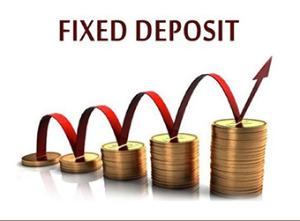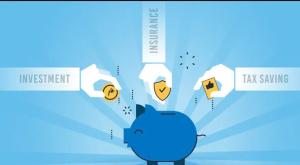Maximizing Tax Benefits with Your Fixed Deposit (FD)
Blog Title
8220 |
A fixed deposit is one of the first “investment” a lot of us make. It’s available at the bank you have an account in and it’s easy to get started with generally you can open a fixed deposit directly from your net banking account.
While it’s a pretty easy, safe, and predictable place to put our money in, a lot of people get stumped when they face something called ‘Tax Deducted at Source’ or TDS.
Your Fixed Deposit Interest – It’s taxable
The interest that you earn on your fixed deposit is taxable. If your bank, therefore, pays you an interest at the rate of 6%-7.5% on your FD, then this interest income will be subject to income tax. Furthermore, the bank will deduct a part of this income tax on behalf of the government even before paying the interest to you.
Now here’s the catch. The bank will deduct TDS @10% of the interest amount, only if the interest payable crosses Rs. 10,000. The rate is only applicable to those who have given their PAN details to the bank. If not, then the rate at which tax is deducted goes up to 20% of the interest earned.
But that’s not the end of your tax payment. If your income is higher and you fall in the 30% tax bracket, you still need to pay the remaining tax yourself.
The question is how are you supposed to do that?
Simple, this interest income is supposed to be added to your gross income when you are filing your taxes under the head “other interest income”. The tax rate will be based on your existing tax slab.
IMPORTANT: even if you have a 5 year FD, and you will get the accumulated amount only after 5 years, tax still needs to be paid every year.
It all sounds like too much work! Is there something simpler?
If this sounds like too much work, then there is a simpler option. Just opt for debt funds instead. The growth is not taxable unless you withdraw and then only that amount that you withdraw is subject to short term capital gains tax if you withdraw before 3 years. The tax rate will be decided by your current tax slab.
In case your money is untouched for 3 years then the gains are subject to long term capital gains tax, which allows indexation to come into the picture and thus, reducing your tax liability significantly.












